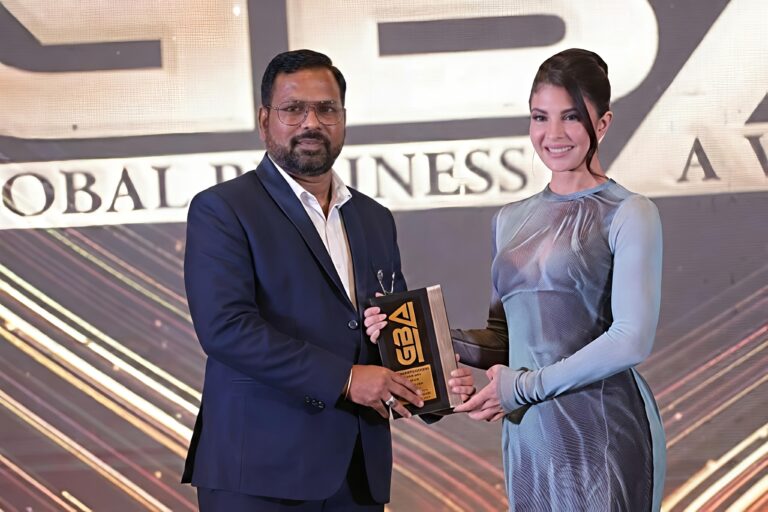
Ayushi Hisaria
Mumbai, India — October 2025:
Renowned writer and biotechnology enthusiast Ayushi Hisaria has officially launched her latest publication, “The science of Sustenance and understanding the impact of food biotechnology,” a compelling exploration into the science-driven evolution of food production, nutrition, and sustainability. The book is now available both in India and internationally — on Amazon and Flipkart in India, and via Walnut in the U.S.A, U.K, U.A.E, and Saudi Arabia.
As a biotechnology graduate and passionate advocate for food innovation, Hisaria brings together her academic background and deep curiosity about how technology shapes our food systems. Through “Food Biotechnology,” she sheds light on how scientific advancements can enhance food quality, improve nutrition, and promote sustainable agricultural practices.
Speaking about her inspiration, Hisaria shared that her growing fascination with the intersection of science and food led her to explore biotechnology’s transformative role in the culinary and agricultural world. The book, she explains, serves as a bridge between technological progress and nutritional preservation, urging readers to consider how innovation can coexist with health and ethics.
One of the book’s central discussions revolves around genetically modified organisms (GMOs) — a topic that has sparked global debate for decades. Hisaria approaches the subject with objectivity, presenting both benefits and concerns backed by credible research. She emphasizes the importance of responsible biotechnology applications that can strengthen food security while safeguarding environmental and human health.
Another highlight of the book is biofortification — the process of increasing the nutrient content of crops through selective breeding or biotechnology. Hisaria argues that this method holds immense promise in addressing malnutrition, particularly in developing nations, where access to diverse and nutrient-rich food remains limited.
Beyond scientific applications, “Food Biotechnology” also delves into broader global issues such as food insecurity, sustainability, and waste reduction. Hisaria stresses that as the world’s population continues to grow, biotechnology could be the key to producing more food efficiently while reducing the strain on natural resources. The author presents thoughtful insights into how biotechnological innovations can help build a more resilient and sustainable food system.
Importantly, the book does not shy away from ethical questions. Hisaria calls for open, balanced discussions around the moral responsibilities associated with technological interventions in food production. Her aim is to foster awareness and critical thinking among readers, empowering them to form informed opinions on one of the most important issues of our time — the future of food.
With its blend of scientific insight, ethical reflection, and global relevance, “Food Biotechnology” promises to engage students, researchers, entrepreneurs, and everyday readers alike who are curious about how science can redefine what we eat and how we produce it.
In Hisaria’s words, “Food Biotechnology is not just about technology — it’s about innovation with responsibility. It’s about reimagining our food system for a healthier, more sustainable world.”
The book stands as both an educational resource and a thought-provoking narrative on how biotechnology can nourish not just bodies, but societies and ecosystems alike.





